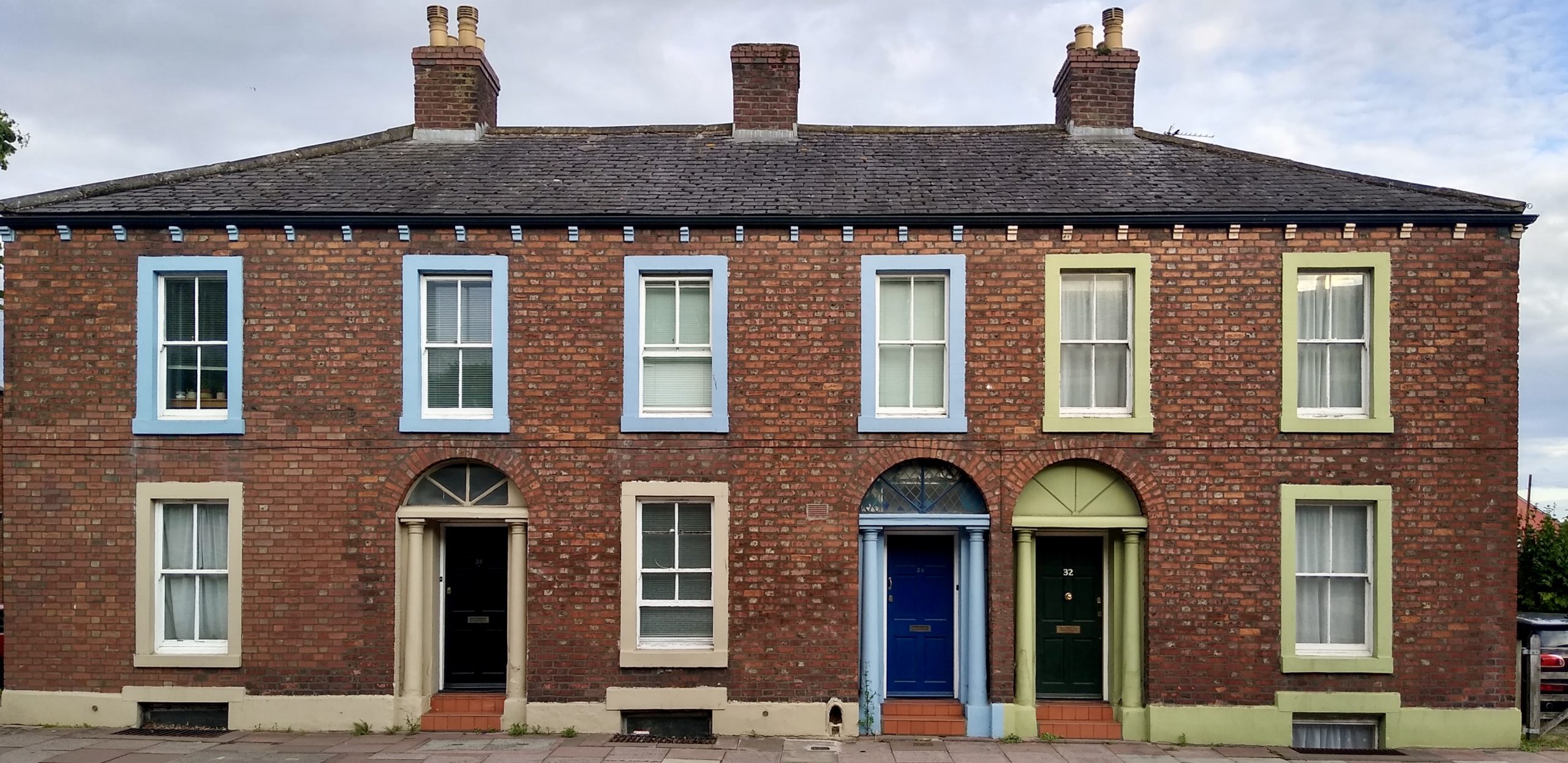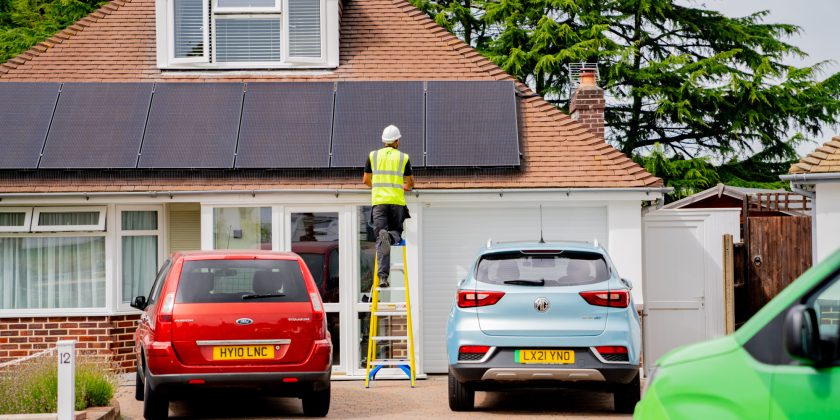Although rental reform has the potential to improve standards in the private and socially rented sector, the challenges it will raise must be taken into consideration.
Commercial landlords, councils, and housing associations across England will need to alter the way they operate to ensure that the properties they provide meet the new industry standards.
While not set to be introduced through parliament until the end of 2022, or in all likelihood much later than that, the Renters Reform Bill is set to bring about widespread change to the market.
By preparing ahead of the rollout, commercial landlords, councils and housing associations can carry out the appropriate work across their properties in good time to overcome any challenges rental reform may bring.
Upcoming rental reform changes
On June 16 2022, the Department for Levelling up, Housing and Communities published its White Paper on rental reform.
The scrapping of Section 21 has been part of the government’s agenda for some years now. This will mean that tenancies can only be ended if there is a valid ground for possession.
The abolition of no-fault evictions may cause relief among tenants, particularly those in financial difficulty, but it will also make removing unscrupulous tenants from a property more difficult.
The Decent Homes Standard
The Decent Homes Standard, which is being extended to the PRS, acts as a guideline that helps keep rental properties clean and free from serious health and safety hazards. Once this is extended, more rigorous rules are expected to be introdced while existing ones are likely to be strengthened.
There are countless changes to take into consideration, but a new digital property portal will be introduced to help commercial landlords understand and demonstrate compliance with their legal requirements. It will also assist local councils with their enforcement powers.
Improvement work to prepare for rental reform
Commercial landlords and housing associations ought to undergo improvement work sooner rather than later to relieve themselves from unnecessary stress when these rental reform changes are eventually introduced. Given their cross-party and public support, it seems a matter of when, not if, these reforms are brought in, but various other things are taking precedence at present.
The Decent Homes Standard can only be met if the property does not have one or more serious hazards. The condition of various building components needs to reach industry guidelines and improvement work needs to be carried out by professionals.
EPCs and Rental Reform
Energy performance certificates (EPCs) will be particularly helpful when it comes to rental reform. EPCs will provide commercial landlords and housing associations with detailed information about the energy efficiency and carbon dioxide emissions of their homes, and include a recommendation report containing advice and improvements.
Improvements often include cavity wall and loft insulation, draught-proofing windows and doors, and renewable energy technology such as a wood fuelled heater, solar panels, or wind turbines.
Despite the current uncertainty surrounding Westminster, these changes are on the horizon and are better to be prepared for now rather than later.
Home improvement work that needs to be carried out ought to be considered sooner rather than later to make the journey to rental reform far smoother.
Here at Propcert, we are a nationwide provider of property services including Energy Performance Certificates, Electrical Installation Condition Reports, Asbestos Surveys, Fire Risk Assessments and more
For a full list of services please click here and contact us here for any more information on what we provide.



